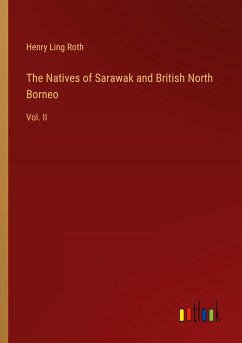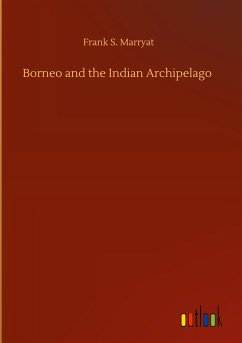
Borneo in the Cold War, 1950-1990
Versandkostenfrei!
Versandfertig in 1-2 Wochen
56,99 €
inkl. MwSt.
Weitere Ausgaben:

PAYBACK Punkte
28 °P sammeln!
Although by about 1950 both British Borneo, including the protected sultanate of Brunei, and Indonesian Borneo seemed settled under their different regimes and well on the way to post-war reconstruction and economic development, the upheavals which affected Southeast and East Asia during the Cold War period also deeply affected Borneo. Besides the impact of the Korean and Vietnam Wars and the Malayan Emergency and communist uprisings in other Southeast Asian states, there was within Borneo the attempted communist takeover of Sarawak from the 1950s, a failed coup d'état in Brunei in 1962, Suka...
Although by about 1950 both British Borneo, including the protected sultanate of Brunei, and Indonesian Borneo seemed settled under their different regimes and well on the way to post-war reconstruction and economic development, the upheavals which affected Southeast and East Asia during the Cold War period also deeply affected Borneo. Besides the impact of the Korean and Vietnam Wars and the Malayan Emergency and communist uprisings in other Southeast Asian states, there was within Borneo the attempted communist takeover of Sarawak from the 1950s, a failed coup d'état in Brunei in 1962, Sukarno's Konfrontasi (confrontation) with Malaysia, and the horrific purge of Leftists and ethnic Chinese in the late 1960s. This book details these momentous events and assesses their impact on Borneo and its people. It is a sequel to the author's earlier books The Japanese Occupation of Borneo, 1941-1945 (2011) and Post-War Borneo, 1945-1950: Nationalism, Empire, and State-Building (2013), collectively a trilogy.














